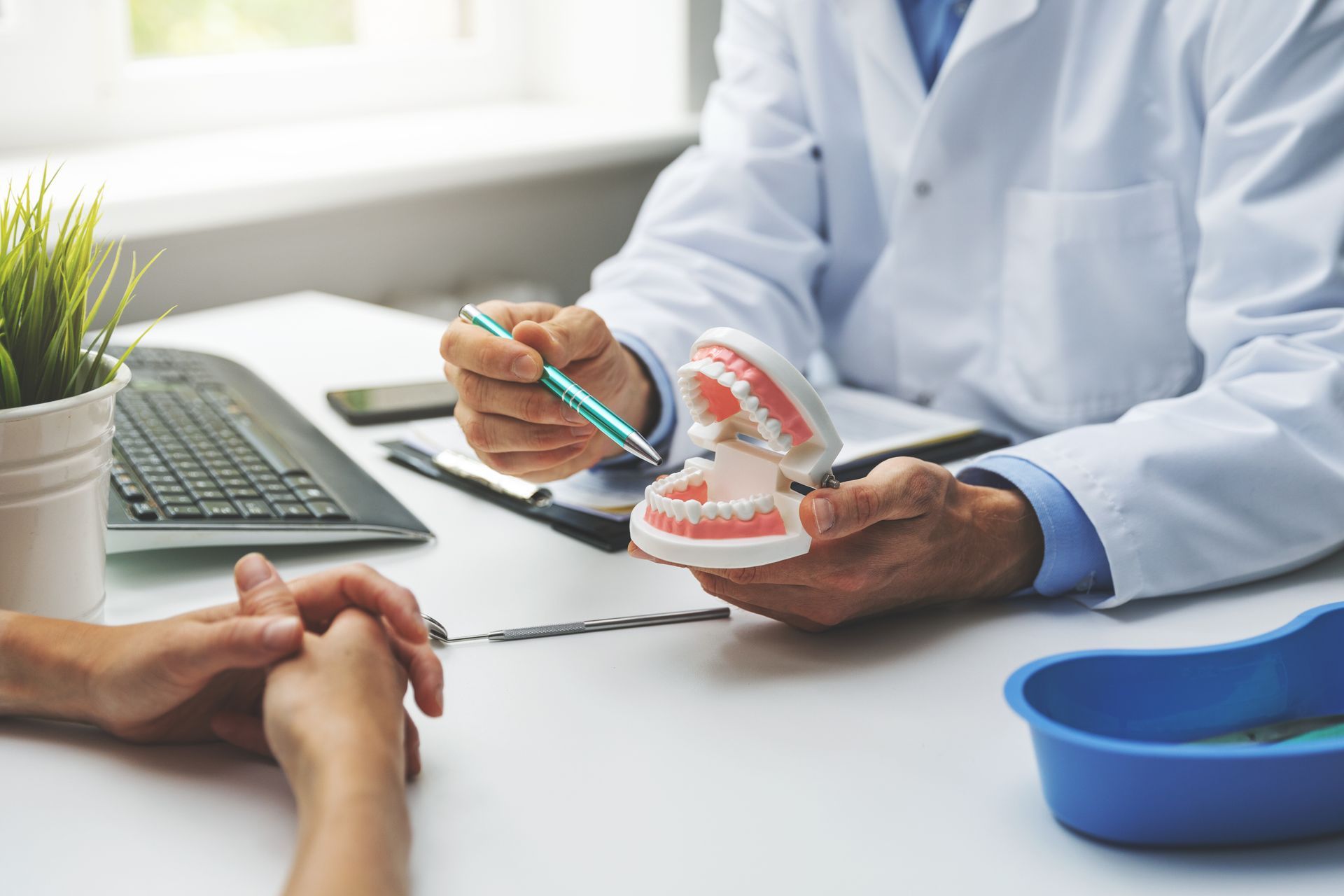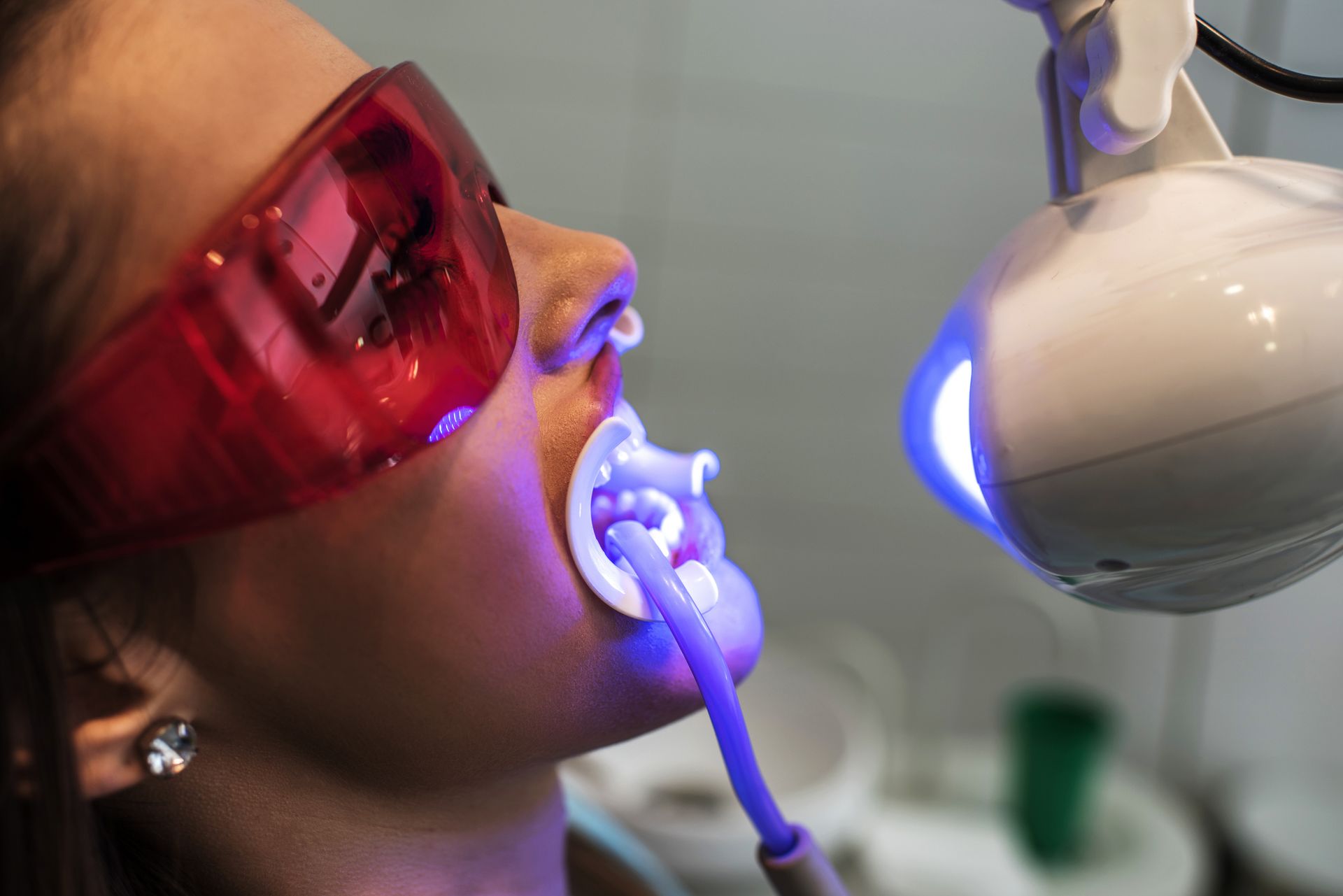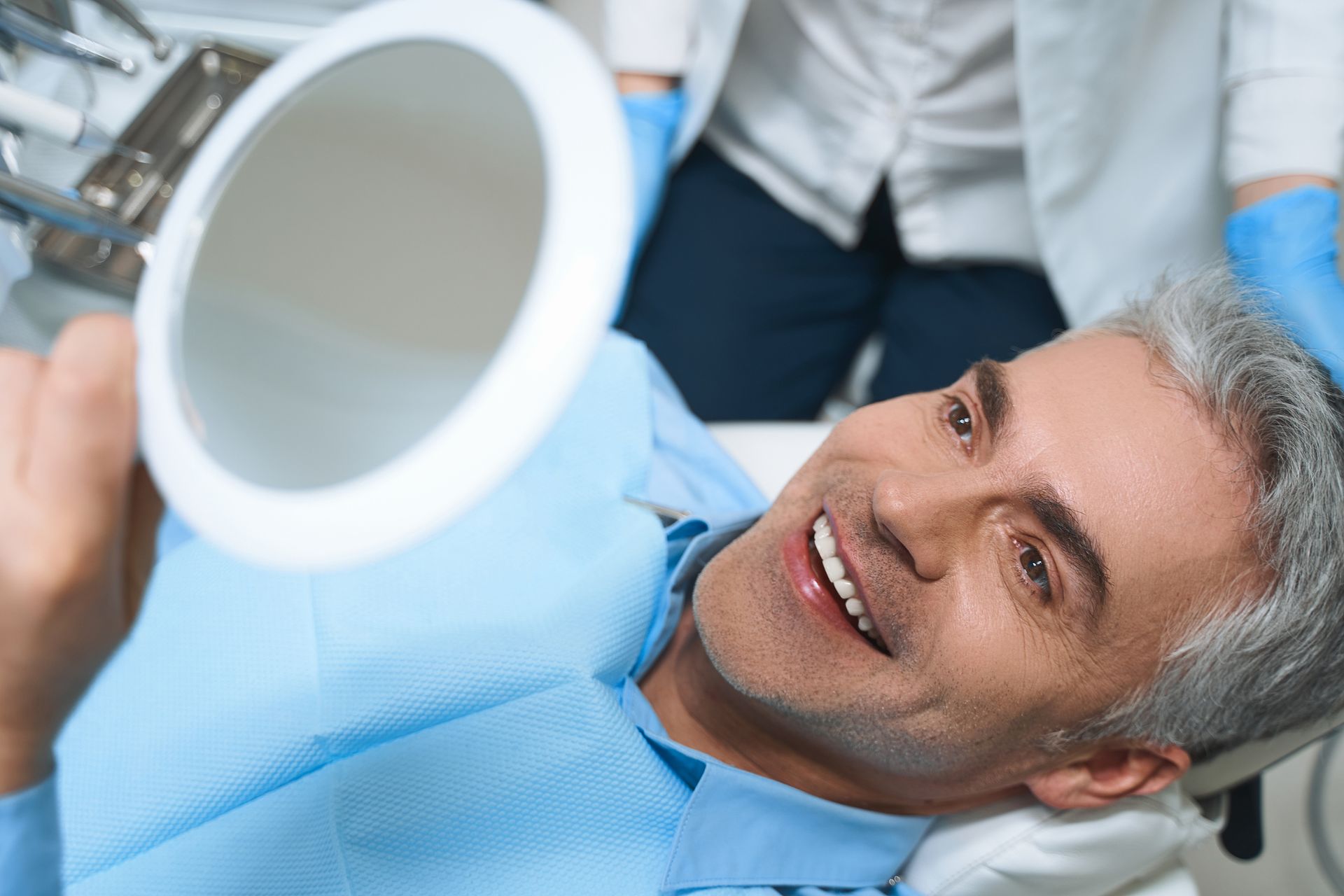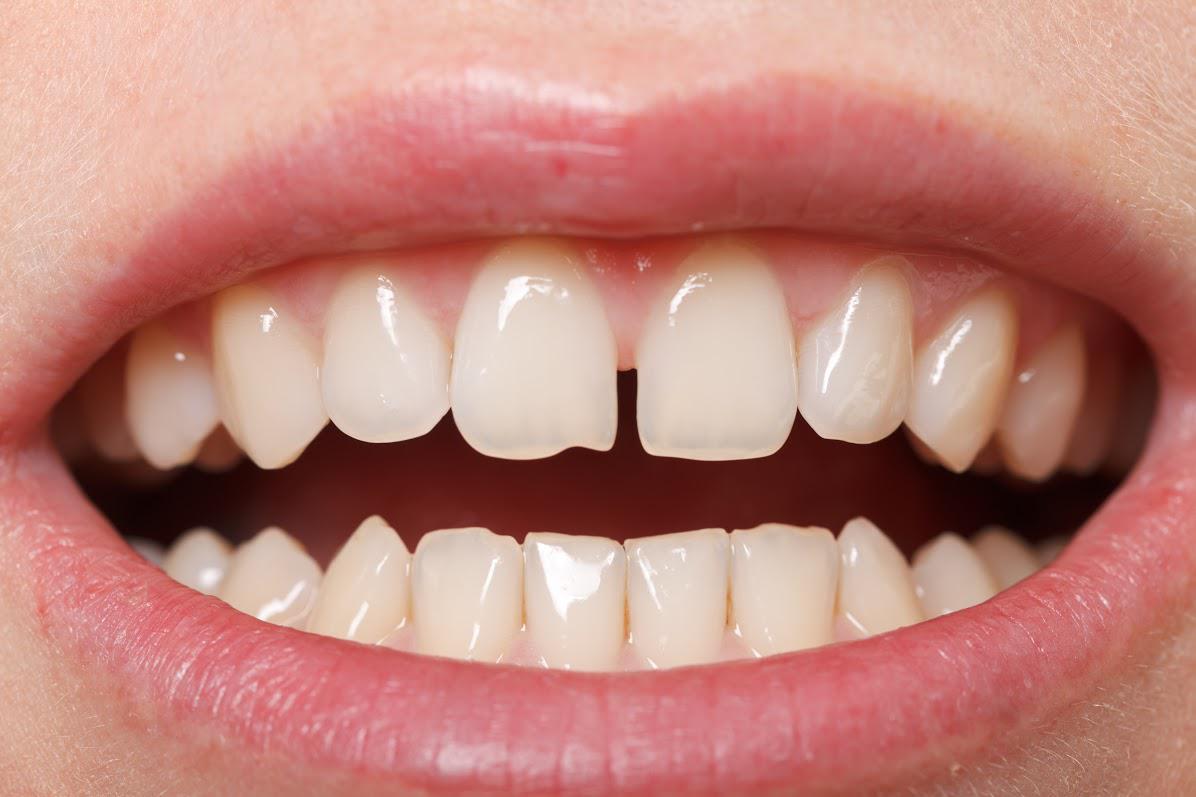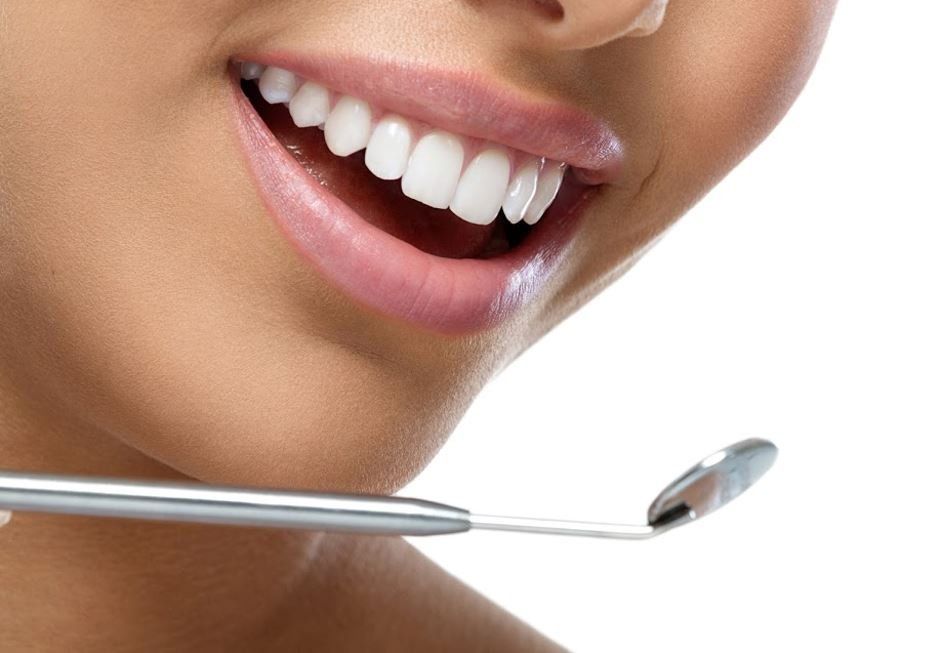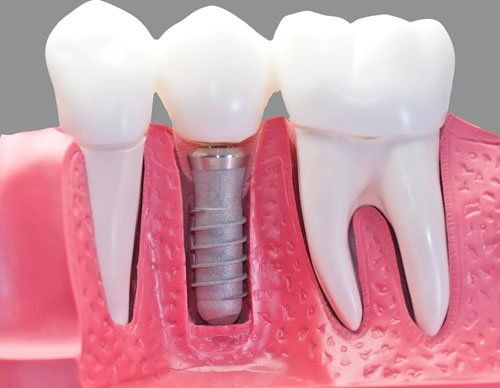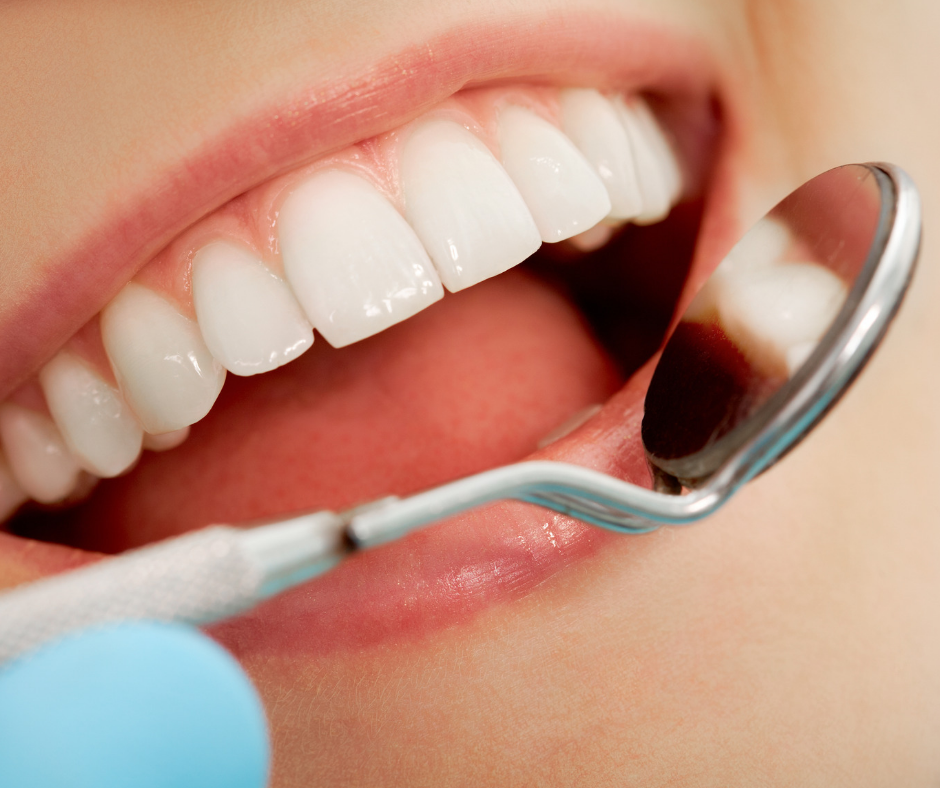Common Mistakes to Avoid When Caring for Your Dentures
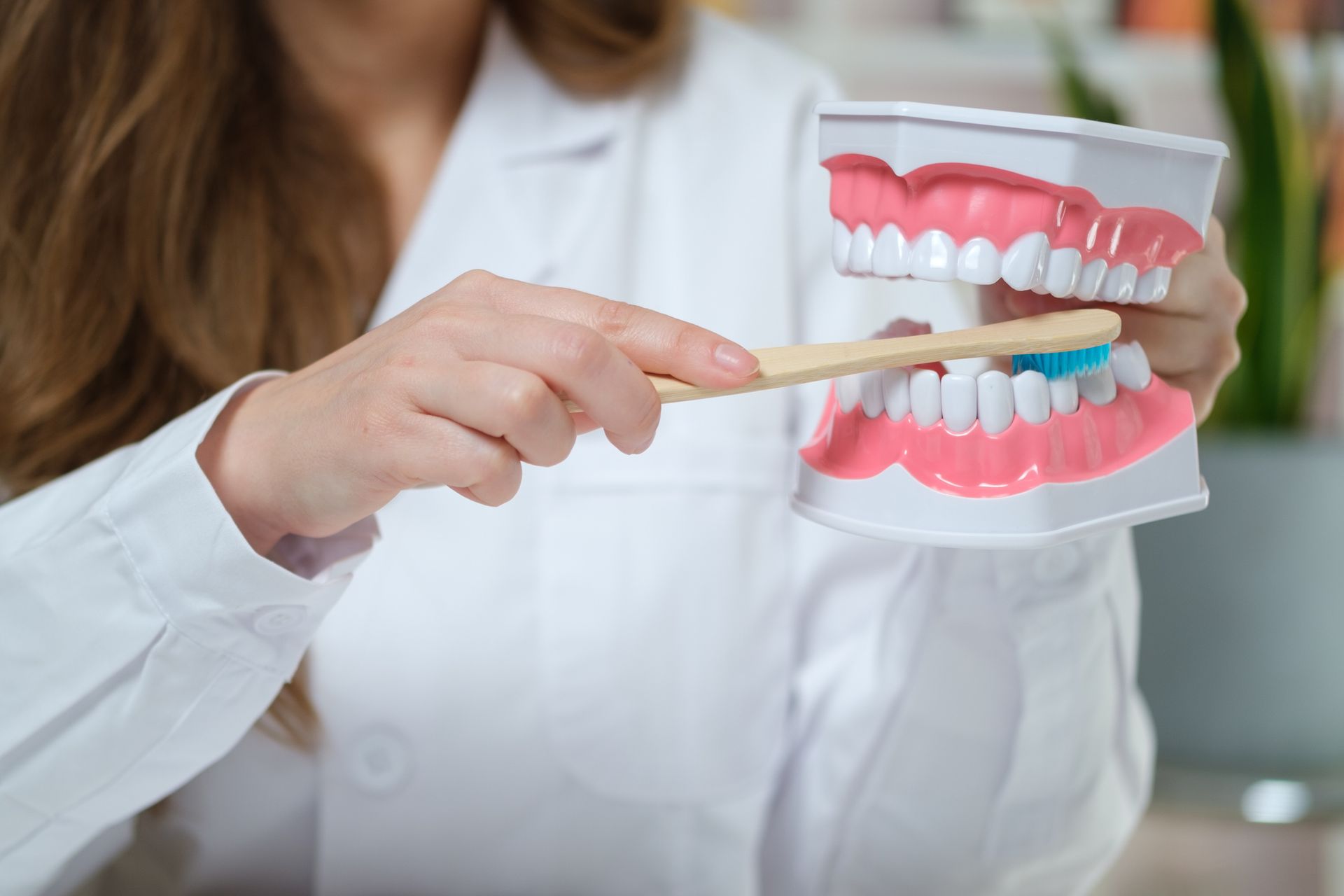
Have you ever wondered if you’re caring for your dental prosthetics properly? If you are living with dentures, practicing the right denture care is essential to maintain your oral health and the longevity of your tooth replacements. Many wearers unintentionally make mistakes that can cause discomfort, infections, or damage to their prosthetics. At Gregory S. Rutherford, DDS, PA, we are dedicated to educating our community on expert care techniques and how to prevent common mistakes while taking care of dentures.
Why Proper Denture Care Matters
Before diving into common errors, it’s important to understand why denture care is so critical. Tooth replacements don’t have the natural cleaning abilities of real teeth. Without proper hygiene, plaque and bacteria buildup can lead to bad breath, infections, or gum problems. Furthermore, inadequate maintenance may cause your prosthetics to wear out faster or fit poorly, affecting speech and chewing. Proper care preserves your oral health and protects your investment.
Using Harsh Chemicals That Damage Your Prosthetics
One common mistake in denture care is using abrasive household products to clean tooth replacements. Some people assume regular toothpaste or other cleaning agents are safe, but these can cause scratches and discoloration.
Abrasive toothpaste, bleach, or strong detergents harm the acrylic material, leading to rough surfaces that encourage bacterial growth. To clean prosthetics safely, use products specifically designed for denture cleaning. A soft-bristled brush with mild soap and water can also keep them clean without damage. Never use bleach unless advised by your dental provider.
Neglecting to Soak Tooth Replacements Overnight
A common oversight is not soaking prosthetics overnight. When not kept moist, they can warp and lose shape, leading to a poor fit and discomfort.
Soaking in a denture-cleaning solution helps maintain shape, remove bacteria, and prevent stains. Always rinse thoroughly before wearing your replacements again. Dry storage or air drying alone is inadequate for long-term care.
Follow your dentist’s soaking guidelines to ensure your prosthetics maintain their condition and fit.
Overlooking Gum and Mouth Care Alongside Denture Hygiene
Good oral hygiene with artificial teeth means more than cleaning the prosthetics—it includes caring for gums, tongue, and mouth lining. Many users mistakenly neglect this part, leading to a buildup of bacteria and food particles that create irritation or infections.
Always gently brush your gums, tongue, and palate with a soft brush or damp cloth before inserting your prosthetics. This maintains circulation and prevents problems such as denture stomatitis.
Proper denture care always includes attention to the entire mouth for a healthy and comfortable oral environment.
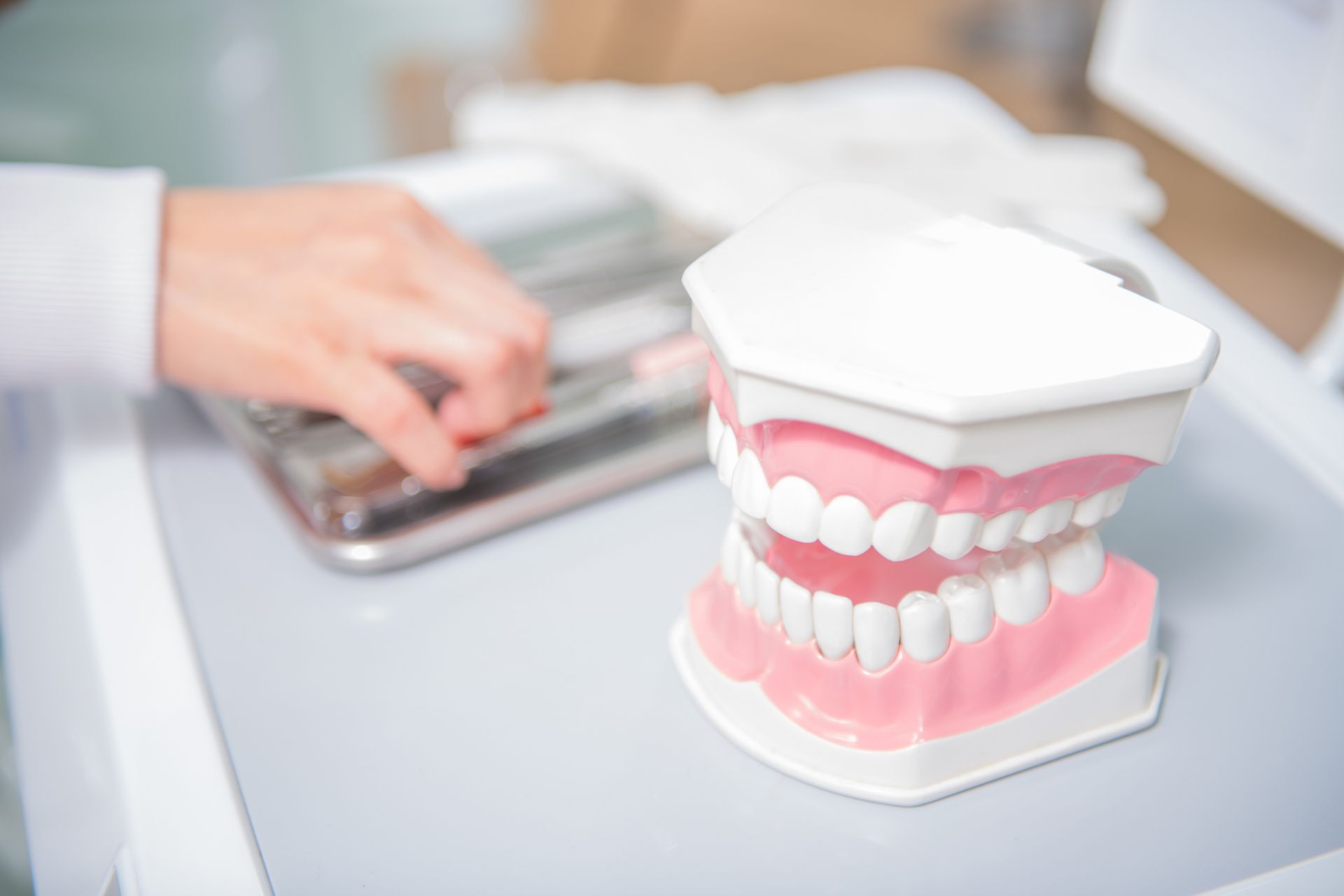
Skipping Regular Checkups and Adjustments
Skipping follow-up visits after receiving tooth replacements is another mistake. The shape of your gums and bone changes over time, so regular checkups ensure the best fit and detect any issues early.
Without professional adjustments, your prosthetics may cause sores, discomfort, or chewing difficulties.
For expert fitting and maintenance in Sarasota, trust Gregory S. Rutherford, DDS, PA, to keep your replacements comfortable and effective.
Improper Handling and Avoiding Professional Repairs
Dropping prosthetics or attempting home repairs can cause irreversible damage. Always handle your replacements over a soft surface or filled basin to prevent breakage.
If your tooth replacements crack or loosen, avoid DIY fixes. Consult your dental professional for safe repairs.
Professional care is essential to maintain your prosthetics’ function and longevity.
The Importance of Proper Storage When Not in Use
Another frequently overlooked aspect of denture care is how you store your prosthetics when they are not in your mouth. Improper storage can dry out and damage your dentures, shortening their lifespan and affecting fit.
Always store your prosthetics in a clean container filled with a denture-soaking solution or plain water to keep them moist. Avoid placing them in hot water or leaving them exposed to direct sunlight, which can cause warping or cracking of the material.
Keeping your dentures clean and properly stored not only preserves their shape and comfort but also reduces the risk of bacterial growth while they’re not being worn. Having a designated, hygienic storage container also prevents accidental damage, especially if you remove your prosthetics regularly for eating or sleeping.
Take the Next Step Toward Better Denture Care in Sarasota, FL
Your tooth replacements deserve the best care to keep your smile confident and healthy. Gregory S. Rutherford, DDS, PA, offers personalized, expert service to help you avoid common mistakes and enjoy lasting comfort. From daily hygiene tips to professional fittings and repairs, our team supports all your denture care needs.
Schedule your appointment today by calling
941-365-5235 or visiting our
contact page. Experience how professional denture care in Sarasota, FL, can make a positive difference in your life and smile.


